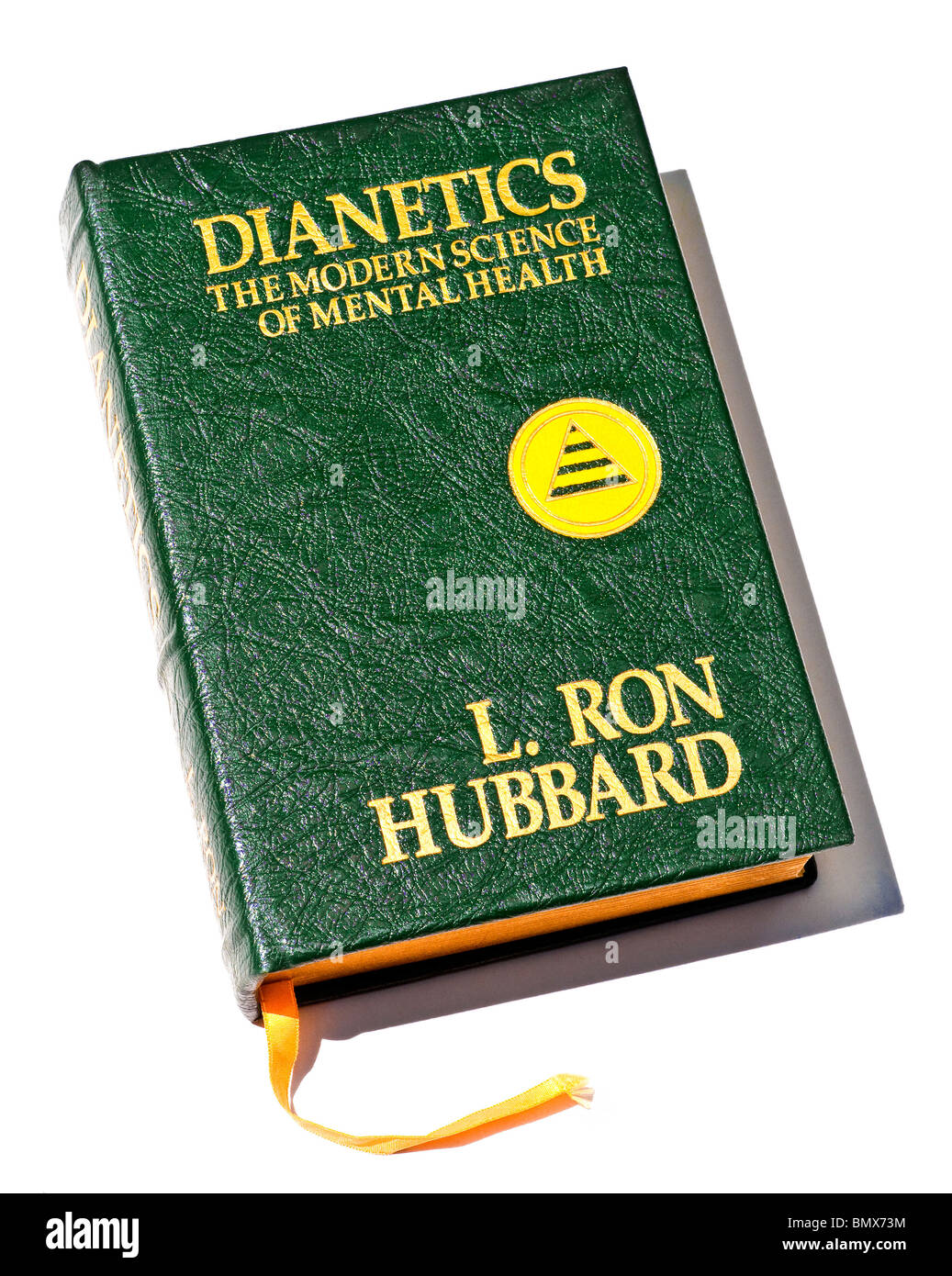3 Simple Techniques For Dianetics
3 Simple Techniques For Dianetics
Blog Article
The 9-Minute Rule for Dianetics
Table of ContentsDianetics Can Be Fun For EveryoneThe 25-Second Trick For DianeticsThe 5-Minute Rule for DianeticsThe Ultimate Guide To Dianetics
I could not ever before not wish to obtain anything that enters your mind for you- if it was otherwise, I wouldn't be resting right here with you, doing this. I not only could never ever have a trouble, or not desire to hear something that comes to mind for you, however I'm completely excited to understand every idea, every thought, every photo or sensation that emerges or shows up for you- don't ever assume or else, and if somehow you do, please simply let me understand! Occasionally, you may have an idea, and image, idea or occurrence turn up that does not seem to answer the concern, or associate with it, however nonetheless, constantly do tell me regarding it, and as we continue, the importance will emerge for you.This is fundamental in the basis of handling, and the subject of this discussion: the basic roles of the therapist and the client: The standard role of the counselor is, in contrast to "basic training", not to regulate, which means to enforce and/or prevent, yet to rather work from the basis of EMPOWERING THE CUSTOMER.

Little Known Facts About Dianetics.
John Mcmasters shared this basic reality wonderfully well in among his lectures on Power processing, in which he clarifies exactly how he was asked what this "unique propensity" was that he had for providing such wonderful sessions; he had to consider that for a minute, and spotted that it was what he had not been doing, as well as what he was doing: he wasn't reviewing, judging, computing, or actually, producing any kind of ideas, not to mention spoken expressions, after providing the command and while waiting on the PC to finish their solution to their complete satisfaction; he was, merely and only, existing with the PC, and totally interested.
The role of the therapist, showed; that was his "unique propensity". I have had my very own experience which educated me this well, very early on in the video game. In 1982, having actually lately completed my training and internship on New Period Dianetics, I was running this on a PC, and there was a factor in the session where (being a bit damp behind the ears not yet having several hours under i thought about this my belt as a professional auditor) the PC seemed to be "taking also long" to share anything vocally after I gave him a command.
This trick transformed out to be the most useful contribution that John ever before made to the topic of therapy or bookkeeping (Dianetics). In my simple point of view, it is the greatest contribution that any individual has ever made to these subjectsthe application is totally non-judgemental, non-evaluative, and without any kind of pointer, suggestions or opinion.no preconceived schedule for individuals, or 'levels' that they should do
In Idenics, the only resource of details concerning a client is the individual client. In Scientology we prided ourselves on not assessing for individuals. All that really implied was that the auditor did not VERBALLY examine for the Computer in session. The registrars and values officers examined for the PC.
Our Dianetics PDFs

Any person that had actually ever before seen John audit might not assist yet observe a distinct high quality in his auditing."The client's fundamental duty is to be there with the objective of relocating the direction of their spiritual objectives, and to freely and totally reveal and experience whatever materializes for them in addressing the concerns and implementing the guidelines in the handling.
This is something to procedure as required. Additionally, individuals frequently have previous experience and/or brainwashing in auditing/processing which, in some methods, and to some levels, actually misguides them into mindsets, ideas and habits patterns that stop the complete realization of these functions, and so they will have a tendency to inhibit the expressing of what comes to mind, as in the examples provided above - Dianetics. * The first, and probably leading examples of mis-indoctrination resulting in much less than completely smooth and effective sessions, can be found in specific aspects of the training routines, my explanation or "TR's":"TR's" are typically an individual's very first, or a minimum of early, experience in Scientology, and while I will certainly go on to clarify what I see as the flaws in concept and method, nonetheless, tend to be considerably healing, done as they are provided (Hubbard insists that "TR's are not processing, they are training", however factually, they are both handling AND training)
Alan Walter made similar observations, and improved these with his "Presence Processes". There is no "failing", and no rejection of the reality of this being processing. The focus, as it should be, is on experiencing the various other person's presence. All the indications which obtain a "fail" in doing "TR-0" are merely the being's initiatives to withstand the other person's presence, and instead of being harassed and nagged with "Flunk", which imposes "failure!" on the being, one just needs to be encouraged to "stick their feet in the water a little much deeper", to progressively rehabilitate their ability and determination to completely share and experience "being right here", or "visibility", with others.
Dianetics Fundamentals Explained

Report this page